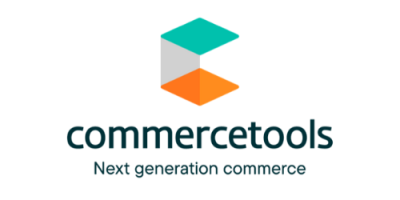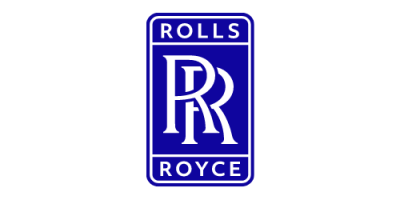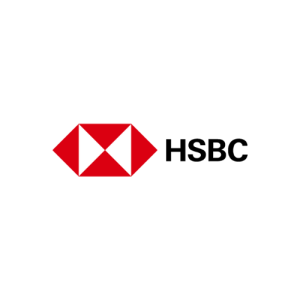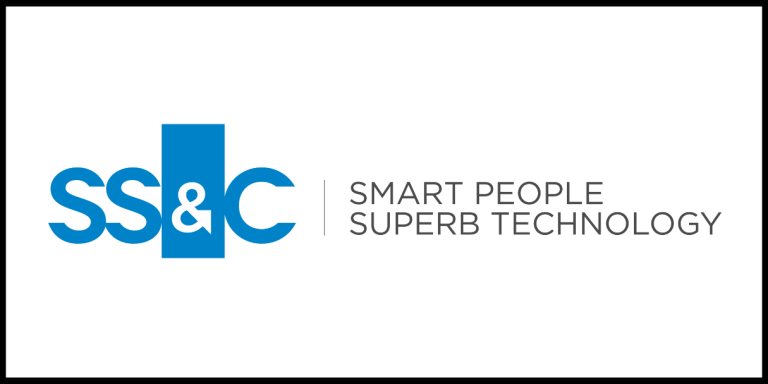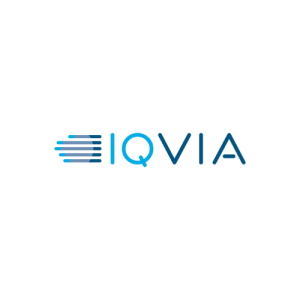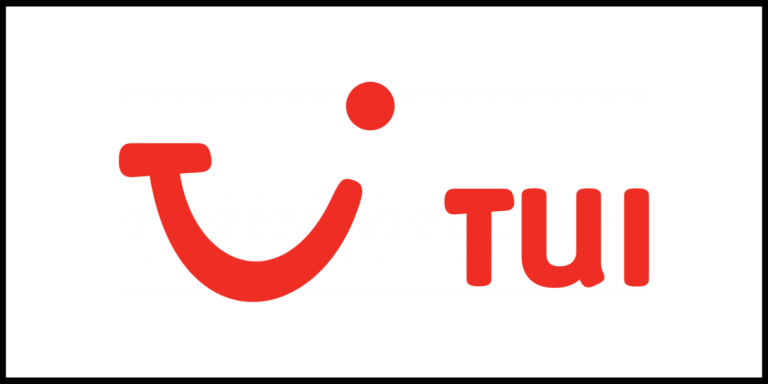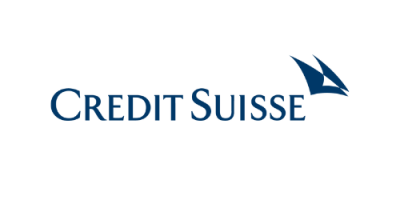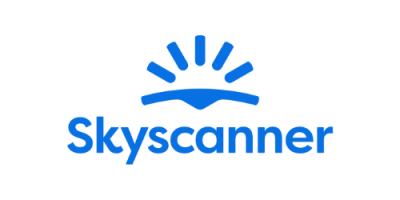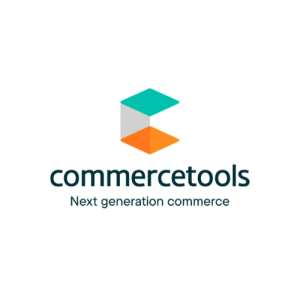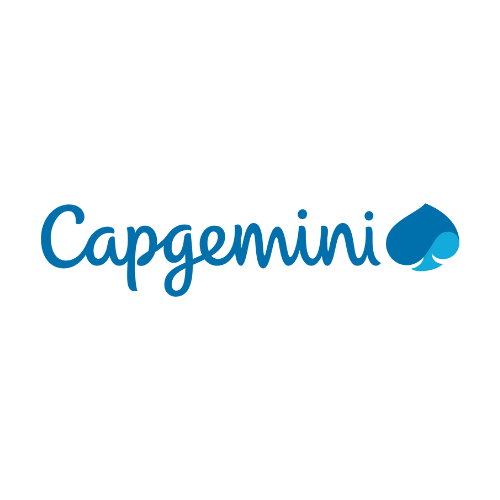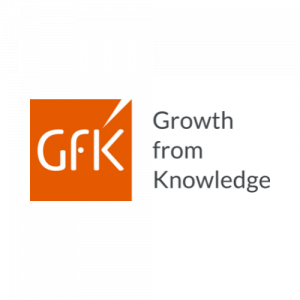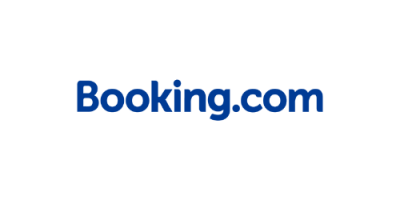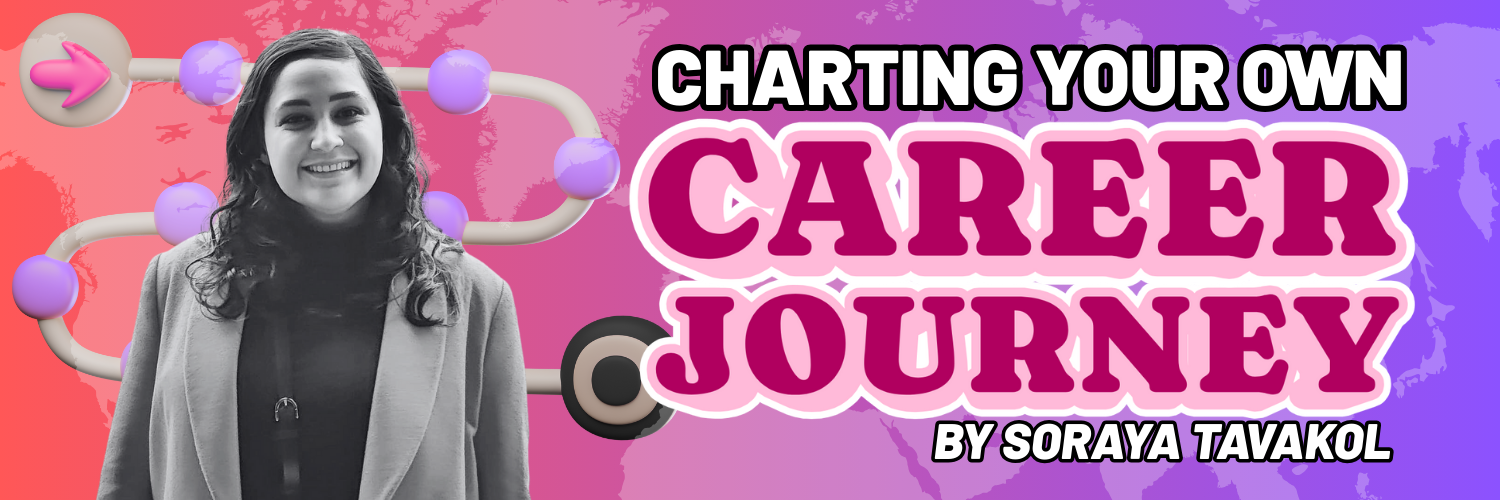
Content Menu
Charting your own career journey: Challenging the norm and embracing change
In a world where career paths are no longer linear, navigating the evolving job landscape requires a shift in mindset. CFG Ambassador, Soraya Tavakol, reflects on her own journey and shares practical insights on embracing adaptability, continuous learning, and self-directed growth. Let’s uncover top tips and insights into how to plan your tech career.
In 2024, I read the No. 1 Sunday Times Business Bestseller, The Squiggly Career by Helen Tupper and Sarah Ellis. This book had been recommended to me many times, and when I finally picked it up, it was a game-changer. As someone who has spent the last eight years in the tech sector, trying to climb the ladder and understand my long-term career direction, the book deeply resonated with me.
One part that particularly stood out was the idea that if you’re around 30 today, you could still be working for another 40 years. At first, that thought was daunting—the idea of still being in the workforce at 70. But then it shifted my perspective. It made me realise that I’m still at the beginning of my career, with ample time to explore, learn, make mistakes, and grow.
The Myth of the ‘Normal’ Career Path
Many of us were taught to see our careers as a straight, upward trajectory—like climbing a staircase. We assume that we’ll get a job, earn a promotion, land a higher-paying position, become a manager, and so on. However, the reality isn’t always this black and white. Careers today are more like jungle gyms than ladders, requiring flexibility and openness to change.
The World Economic Forum’s Future of Jobs Report 2023 indicates that 44% of workers’ skills will be disrupted within the next five years. With rapid advancements in AI and automation, many job functions are evolving or even disappearing. While this can be intimidating, it also presents an opportunity to reassess how our skills can continue to bring value. The key to navigating this ever-changing landscape? Embracing learning and being open to adaptability.
Why Adaptability is Key in Your Career
More recently, and particularly throughout job interviews over the last year, one recurring theme has stood out: having the ability to adjust. Employers increasingly seek candidates who can navigate uncertainty, pivot quickly, and embrace change.
Research from Barclays Lifeskills shows that 60% of employers believe adaptability has become more important in the past decade, highlighting its critical role in today’s workforce
How Do You Cultivate Adaptability?
In my experience, the best way is by stepping outside of your comfort zone. Volunteer for projects beyond your skill set, take on new challenges and embrace learning opportunities. The more you expose yourself to unfamiliar situations, the more resilient and adaptable you become.
The role of continuous learning
Another crucial element of career growth is developing a continuous learning mindset. A PWC survey found that 74% of workers are willing to learn new skills or retrain to remain employable. However, learning doesn’t have to mean enrolling in formal courses. It can happen through mentorship, networking, shadowing colleagues, or even consuming industry-related podcasts and newsletters.
Expanding your definition of learning allows you to gain new insights from various sources. Connecting with others, whether through mentorship or casual conversations, can offer fresh perspectives and practical career advice. Staying curious and proactive in your learning will make you more adaptable to industry shifts.
Another crucial element of career growth is developing a continuous learning mindset. 74% of workers are willing to learn new skills or retrain to remain employable.
How to Develop Key Skills to Future-Proof Your Career
The World Economic Forum’s Future of Jobs Report 2025 predicts that 39% of core job skills will change by 2030. While it’s difficult to pinpoint every skill needed for the future, experts agree on the importance of blending technical and soft skills.
Some key skills to focus on include:
- Emotional Intelligence (EQ): Understanding and managing emotions—both your own and others’—enhances teamwork, communication, and leadership.
- Digital Literacy and Artificial Intelligence (AI) Proficiency: As AI and machine learning become integral to industries, having a foundational understanding of these technologies is increasingly valuable.
- Data Analysis and Interpretation: The ability to derive insights from data is a sought-after skill, particularly in the tech sector.
- Critical Thinking and Problem-Solving: Employers highly value professionals who can assess complex situations and develop effective solutions.
- Adaptability and Resilience: Given the rapid evolution of the job market, the ability to pivot and embrace change is essential.
How to Find and Seize Career Opportunities
Charting your own career path can feel overwhelming, but remember that your existing skills and experiences are valuable and transferable. Here are some actionable steps to take control of your career journey:
- Mentorship: Seek guidance from someone who has navigated career transitions. They can offer insights on switching roles, preparing for interviews, and expanding your network. Check out this blog post on how to find the perfect mentor for your goals.
- Shadowing: Observe professionals in roles you’re interested in. This provides a realistic view of both the exciting and less glamorous aspects of the job.
- Networking: Build connections by reaching out to former colleagues, attending industry events, and engaging on LinkedIn. Bringing a friend to networking events can make the experience more enjoyable.
Code First Girls provides an excellent platform to gain new skills, connect with industry professionals, and find career opportunities.
If you’re considering a career switch, research different roles by exploring job descriptions, salary ranges, and career progression paths, a great place to start is with Code First Girls’ career pathway blog posts. Engage with professionals in the field to gain firsthand insights into their experiences.
Your Career, Your Rules
Throughout my career at Amazon, I’ve transitioned across three distinct roles: from an Account Manager in Sales, to a Program Manager working on strategy, and now into an AWS Partner Development role. Each transition involved a learning curve, but my adaptable mindset and transferable skills helped me navigate these shifts successfully.
Your career doesn’t have to follow a traditional, linear path. Embrace the unknown, take calculated risks, and be open to new opportunities.
Don’t feel confined by a predefined career trajectory. If you’re not feeling fulfilled in your current role, explore new opportunities. Stay curious, challenge yourself, and continuously seek growth. If someone had told me eight years ago where I’d be today, I wouldn’t have believed it.
As Helen Tupper and Sarah Ellis say, “Your career is a marathon, not a sprint.” Take your time, explore, and shape your journey in a way that works for you.
"Your career is a marathon, not a sprint."


